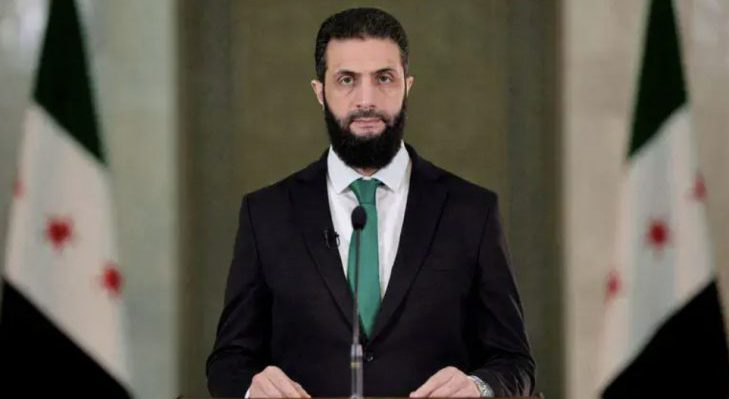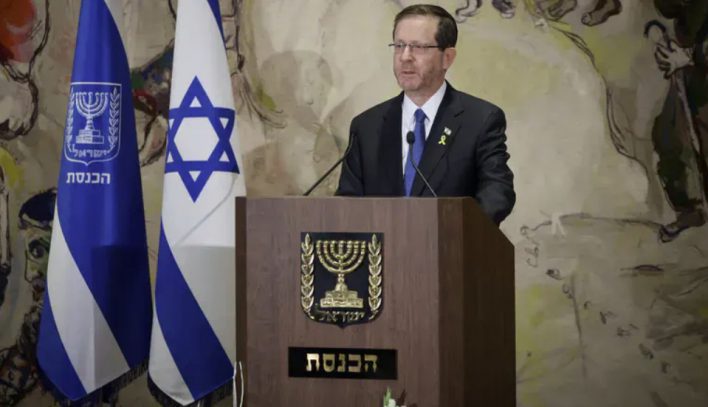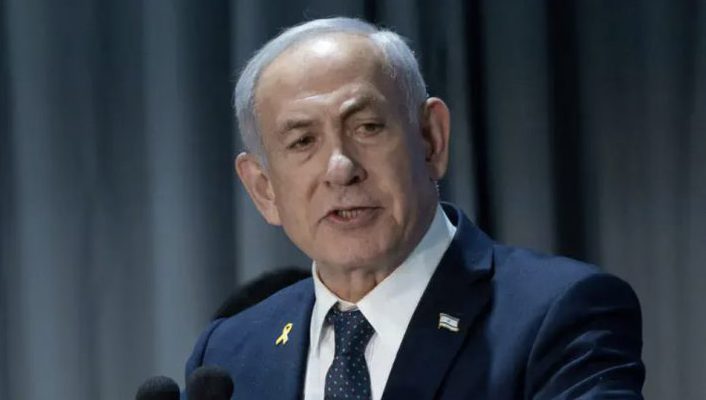Syrian President Ahmed al-Sharaa signals willingness to explore a security pact with Israel while rejecting normalization, as Netanyahu insists dialogue remains possible.
In a dramatic appearance at the United Nations General Assembly in New York, Syria’s new President Ahmed al-Sharaa — who led the rebel forces that toppled Bashar al-Assad last December — voiced guarded optimism about a potential security arrangement with Israel, even as he firmly dismissed the possibility of normalization.
Speaking at the Concordia Summit, Sharaa told France24: “I hope that will lead us to an agreement that will keep the sovereignty of Syria and also resolve some of the security fears of Israel.”
But he categorically ruled out joining the Abraham Accords, noting that Syria is a frontline state that has faced over 1,000 Israeli strikes from the Golan Heights in recent years. Sharaa accused Israel of violating past agreements with Egypt and Jordan and claimed Israel’s actions in Gaza have inflamed public anger across the Arab world, shaping Damascus’ hardened stance.
The comments came just a day after Prime Minister Benjamin Netanyahu said that Israel’s recent successful military campaign against Hezbollah has opened a “new window of possibility” for peace with both Syria and Lebanon. Netanyahu confirmed that Israel is in contact with Damascus, but emphasized: “There is still a long way to go.”
Reports suggest that the Trump administration is actively trying to broker a preliminary Israel-Syria security understanding during the UNGA, but U.S. envoy Tom Barrack downplayed expectations, clarifying that no deal is imminent.
Sharaa himself hinted last week in Damascus that negotiations with Israel might yield results “in the coming days.” While rejecting normalization for now, he left the door open to incremental agreements should a security pact succeed.
For Israel, even cautious overtures from Damascus mark a seismic shift: a new Syrian government that toppled Assad is at least speaking the language of security dialogue with Jerusalem. Whether this opens the path to peace or remains a tactical maneuver is yet to be seen—but the geopolitical chessboard of the Middle East may be shifting once again.





